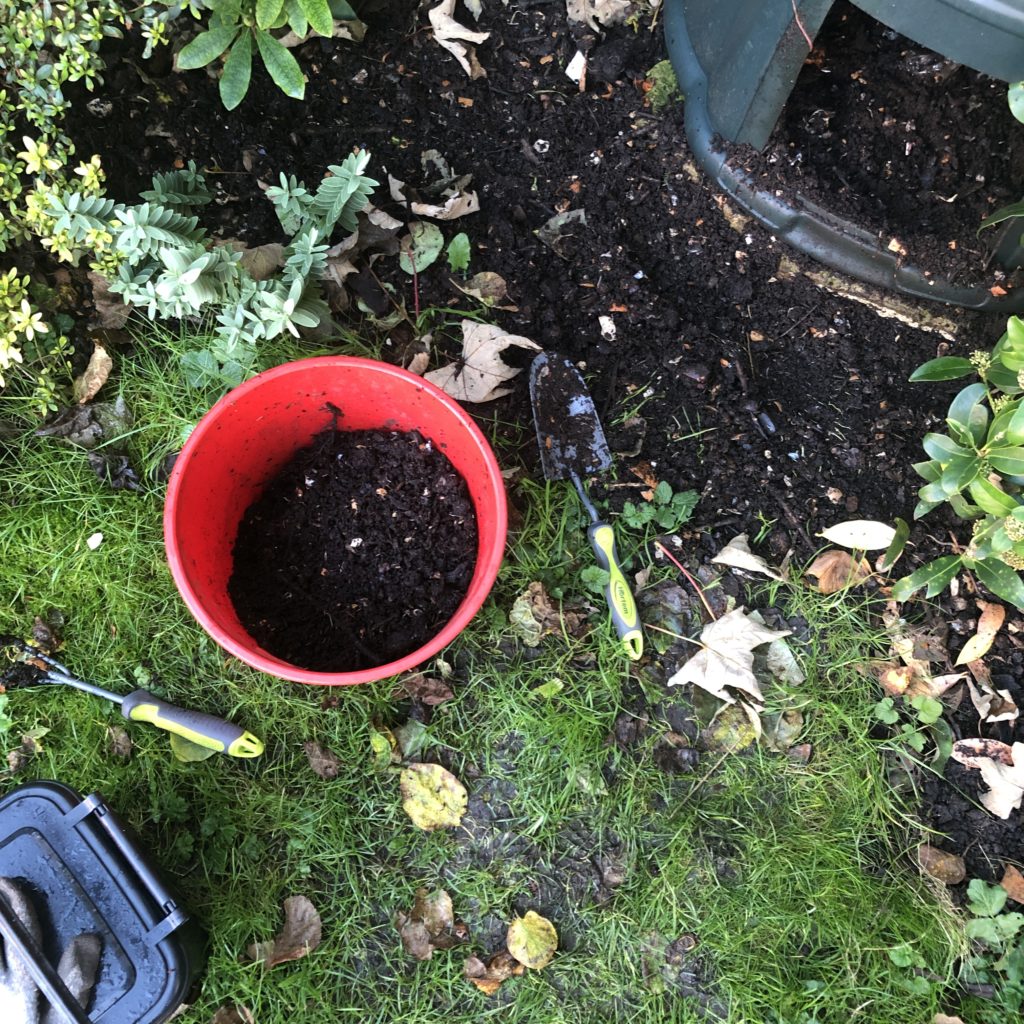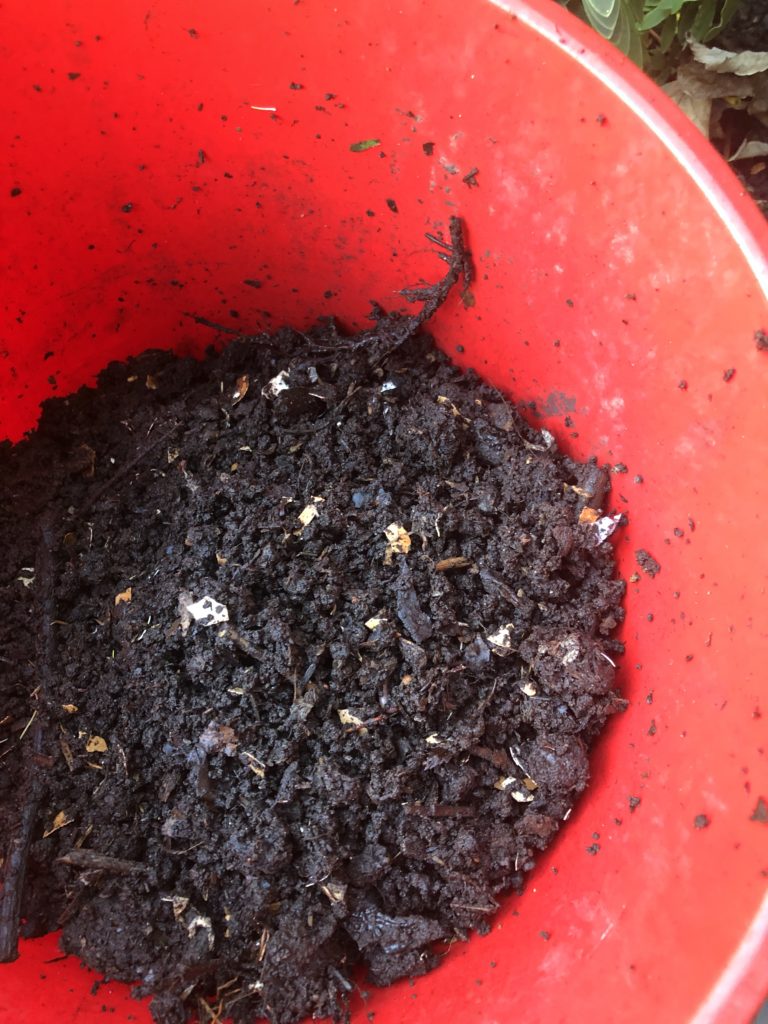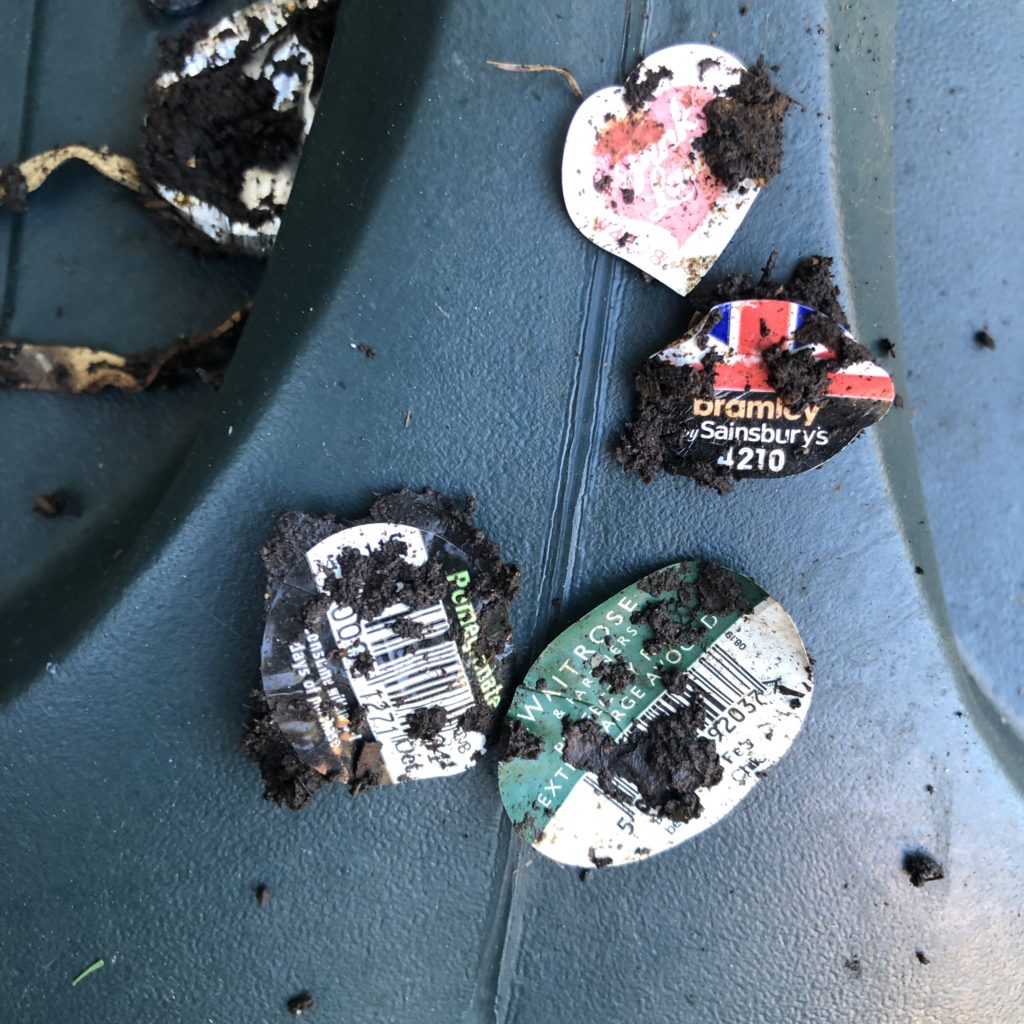
What is composting?
Composting is the conversion of biodegradable, organic matter into compost.
Raw vegetable or fruit waste, garden waste, and shredded paper make up some of the “raw materials” used for composting, resulting in nutrient-rich fertiliser. Composting is an entirely natural process, and can be done in a compost bin or in a corner of your garden.
In Wandsworth the council subsidizes compost bins, and you can purchase one for a reduced price. You can go to the Get Composting website for more information to start composting in Balham: https://www.getcomposting.com
Composting can be done in most gardens – though smaller gardens may benefit from a wormery instead – a system of converting organic matter into compost with the help of earthworms. The Urban Worm Community Interest Company recently featured in The Guardian with their mission to #wormup the country – giving worms to people & organisations across the country for use in their own DIY worm farms. They provide guides on how to build DIY worm farms on their website: https://theurbanworm.co.uk/wormup/#Videos
Another cheap and cheerful way to recycle and add goodness to the soil is to collect fallen leaves! Bagging up leaves in black bin bags, tying them up then making holes in the bags allowing the leaves to rot down into a mulch can also help your soil. This mulch can be stored behind a shed or at the bottom of the garden until use the following year with the compost, or on its own.
What are the benefits of composting?
- You reduce your household waste and, by extension, landfill waste.
- In reducing household waste you also reduce the costs and carbon emissions it takes to transport and process the waste.
- You benefit from free compost full of nutrients that can be used as an excellent soil improver for your garden and pots.
- It reduces the need for chemical fertilisers.
- You actively participate in reducing your carbon footprint.
My composting experience
I started composting in August 2019 and although I find the worms, small bugs and tiny flies which sometimes appear in the summer rather disturbing, the process of composting never ceases to astound me. We are a family of 5. I add all the suitable waste we produce to the compost bin on a daily basis, and every day the waste gets absorbed and decomposes overnight. The composting magically occurs and results in beautiful, dark, nutrient-rich soil that I then add to my garden. What is there not to admire?

However, there are a few things I’ve picked up that I’d like to share with anyone who may start composting for themselves:
- Avocado stones and skin take forever to decompose.
- Mango stones are also very slow to decompose.
- Egg shells should be crushed before they go in the compost bin or they make perfect little homes for worms.
- The tiny stickers on apples should not be added as they sadly do not decompose:

Do not hesitate to give composting a go – it has numerous benefits, is relatively easy to do and can really enrich your garden & plants!
Have you got any tips for composters? Have you recently started composting yourself? Let us know how you get on using social media with the hashtag: #BeautifyBalham.
Happy composting!
– Justine and the Beautify Balham Team
If you want to write to us and have your own blog post & thoughts placed on this website to help others, please reach out to us via our Contact Us page!
